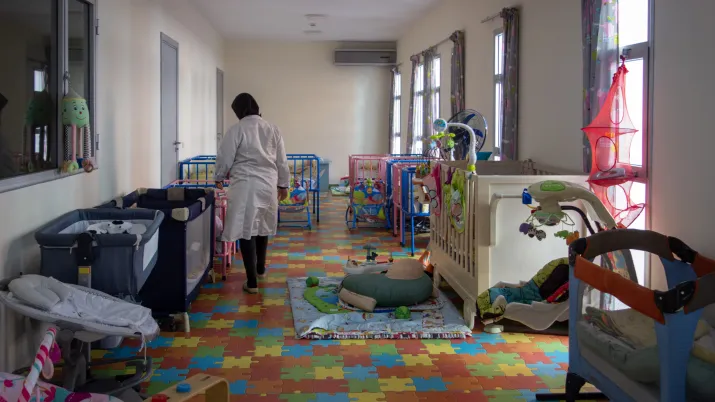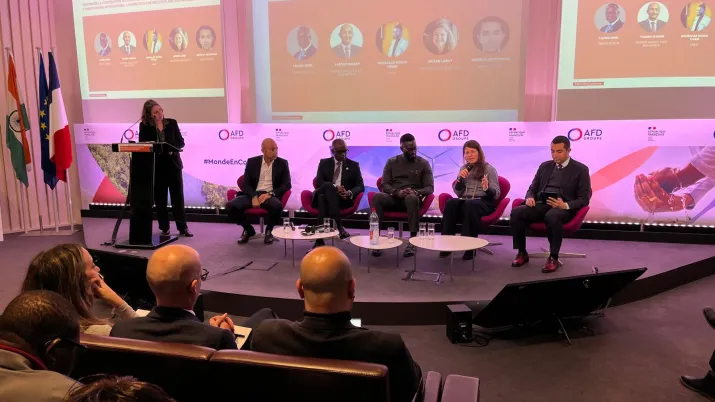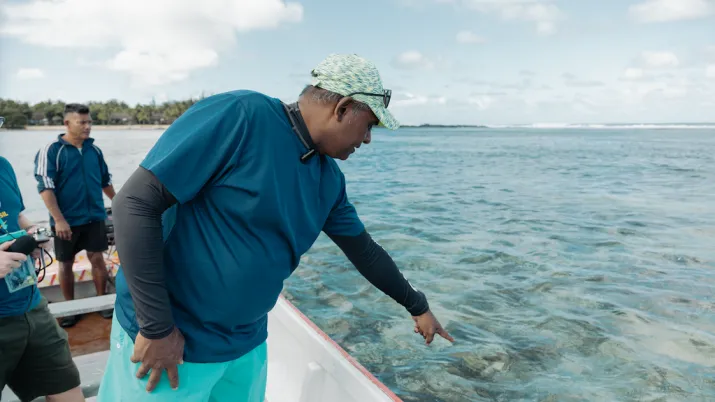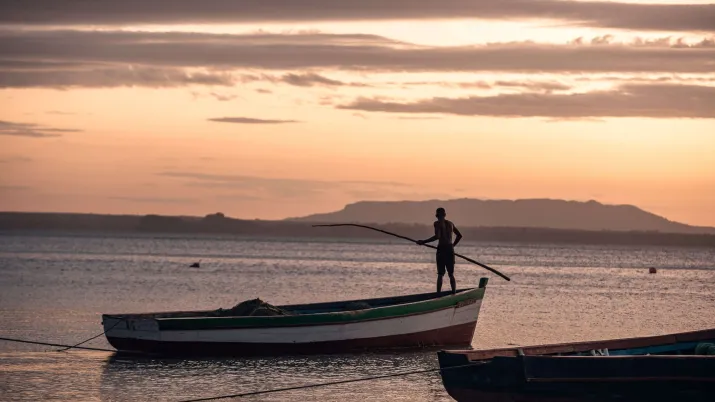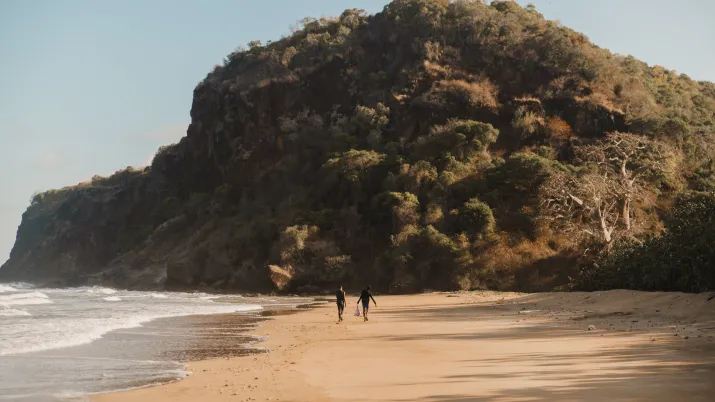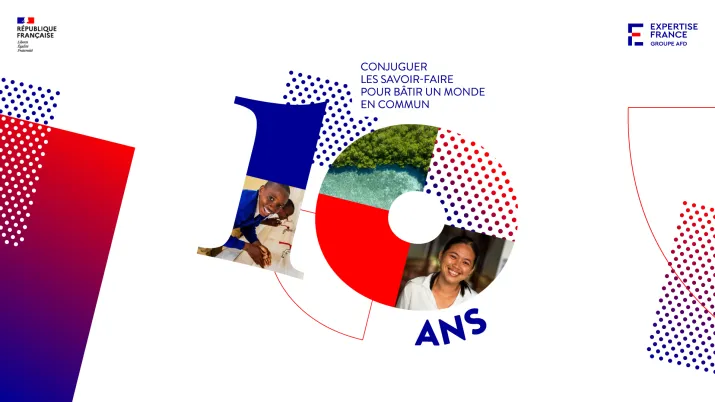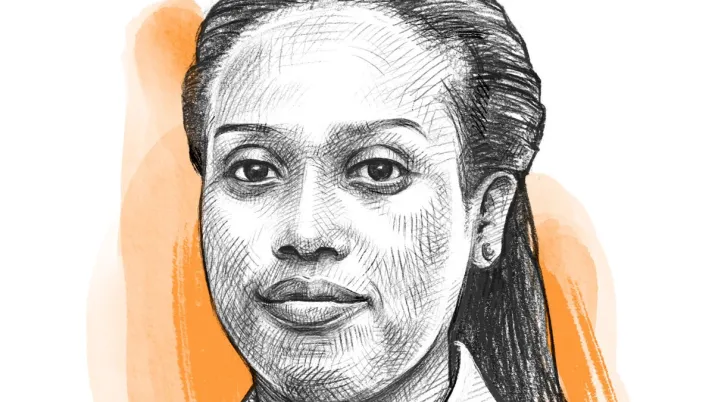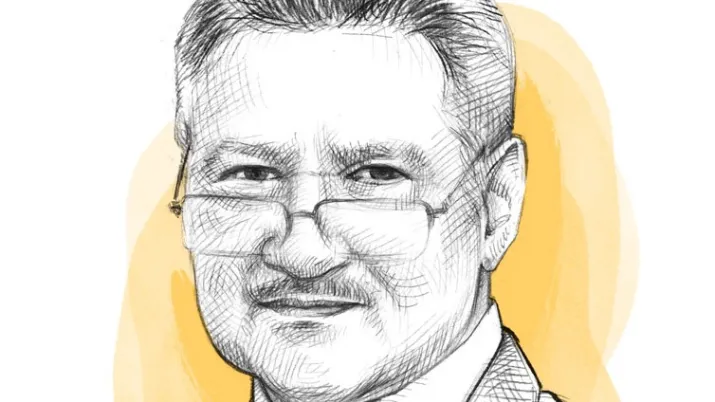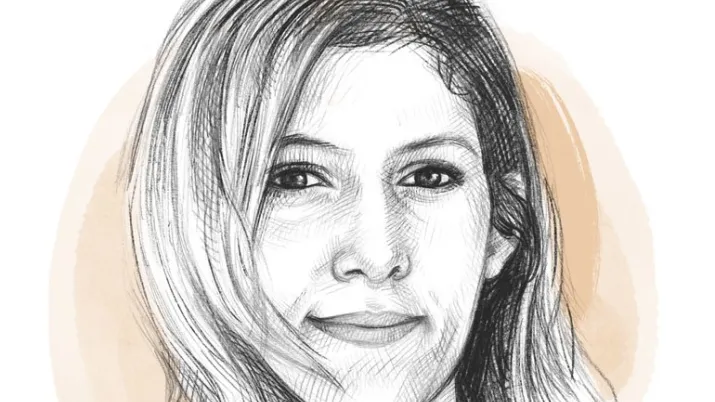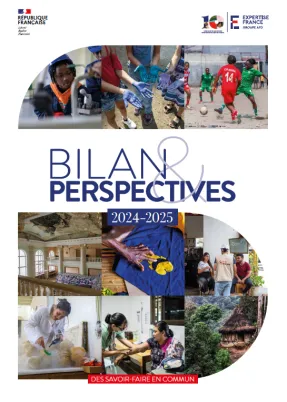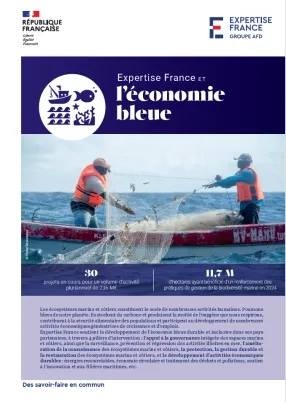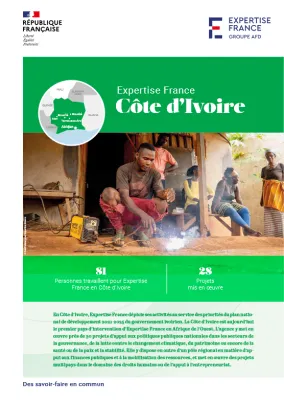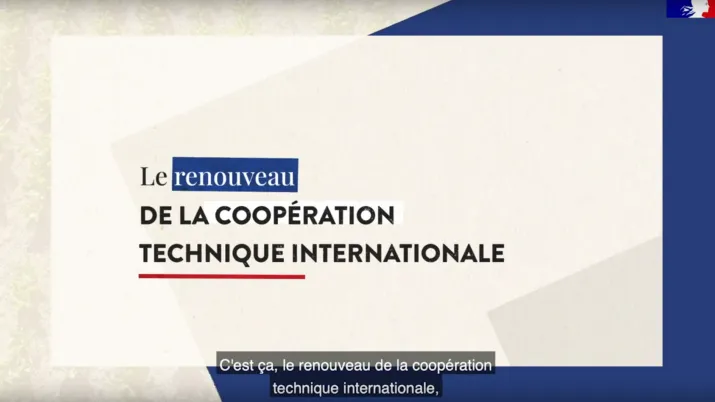Nos actualités
Agence française de coopération technique, Expertise France mène des projets de coopération internationale dans près de 150 pays à travers le monde. Découvrez les actualités du secteur de la coopération technique internationale ainsi que les dernières actualités de notre agence.
À la une
Afrique du Nord : soutenir le renforcement des systèmes de protection sociale
Publié le 19 février 2026
Criminalité numérique organisée : des plans d’action régionaux pour une IA sûre et souveraine
Publié le 18 février 2026
Zoom sur... l'eau
Focus sur les 10 ans d'Expertise France
10 ans d’Expertise France - 10 propositions pour le futur de la coopération technique
Pour célébrer ses 10 ans, Expertise France organise le mercredi 12 février 2025 une cérémonie hybride, entre présentiel à Paris et diffusion en direct sur internet, placée sous le Haut Patronage de Mo...
Publié le 4 février 2025

